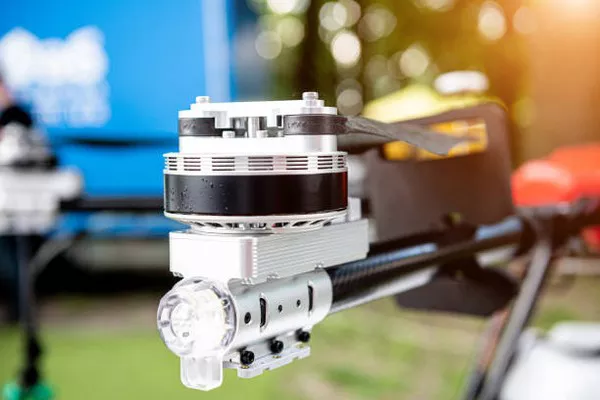In the realm of generator selection, a pivotal choice looms large — the decision between a petrol or diesel engine. This article delves into the intricacies, dissecting the merits and demerits of each engine type to guide you towards the optimal choice tailored to your generator.
Petrol or Diesel: Tailoring Power to Your Needs
The crux of the matter hinges on your specific requirements and the intended use of the generator. Diesel generators emerge as the stalwarts for heavy-duty demands, finding their forte in scenarios demanding unwavering, dependable power. Their prowess shines in prime and standby applications across construction, mining, industrial, and agricultural landscapes, particularly in locales where grid access wavers or remains elusive.
Renowned for their longevity and robustness, diesel engines stand as paragons of endurance, steadfastly delivering reliable power across the years, given judicious maintenance.
Conversely, petrol generators carve a niche in the realm of lightweight, recreational, and small-trade applications. These generators find their calling in domains such as camping or caravanning. Typically emitting less noise pollution, petrol generators are better suited for temporary, intermittent usage or when confronted with low-load power requisites.
Advantages of Diesel Generators: Fueling Efficiency and Durability
1. Highly Fuel-Efficient Performance:
The pièce de résistance of diesel generators lies in their fuel efficiency. Opting for compression heat over spark ignition propels them to a staggering 50% greater fuel efficiency compared to their petrol counterparts at an equivalent capacity. This translates into a more cost-effective and fuel-savvy option, particularly under the rigors of continuous and heavy-duty operation.
As an illustrative example, a 120kW diesel generator boasts a fuel efficiency ranging from 10.9 to 32.1 liters per hour, contingent on the load — a notable improvement over a petrol generator.
2. Extended Lifespan:
Diesel generators, operating at lower temperatures due to their inherent efficiency, endure less wear and tear than their petrol counterparts. This characteristic is particularly pronounced in situations involving continuous, heavy-duty usage, prolonging the generator’s operational lifespan.
3. Diesel’s Inherent Safety:
Diesel, known for its stability, enjoys a reputation for safer storage and transportation compared to petrol. While flammable, diesel exhibits a lower likelihood of ignition if spilled. Additionally, diesel boasts a longer shelf life than gasoline, enhancing its storability.
4. Tailored for Long-Term, Heavy-Duty Deployment:
With a reduced fuel consumption and a higher compression rate, diesel generators prove to be a cost-effective choice for demanding industries such as agriculture, construction, and mining. The self-lubricating nature of diesel further ensures a longer life for the fuel delivery system under consistent use.
Advantages of Petrol Generators: Silence, Affordability, and Portability
1. Quieter Operations:
Petrol generators, operating at a lower decibel level than their diesel counterparts, emerge as the preferred choice for applications in residential areas, campgrounds, or locales sensitive to noise pollution.
2. Cost-Effective Fuel:
Petrol, generally more affordable at the pump than diesel, translates into lower fueling costs. While diesel generators boast superior fuel efficiency, these savings become less conspicuous for users employing the generator intermittently or for low-load applications.
3. Compact and Portable:
Petrol generators carve a space for themselves with their compact, lightweight design, rendering them more portable and user-friendly compared to their diesel counterparts. Ideal for users requiring a power source that seamlessly transitions across campgrounds, homes, or trade sites.
4. Suited for Short-Term, Intermittent Use:
With lower upfront costs and more economical fuel, petrol generators present an attractive proposition for users with sporadic power needs. If your generator is earmarked for occasional home use or monthly getaways, the practical and cost-effective choice tilts towards a petrol generator.
See Also Portable Generator Accessories – A Comprehensive Guide
Conclusion:
Choosing the perfect generator involves a careful assessment of your specific needs, preferences, and budget constraints. By considering factors such as power requirements, fuel type, portability, noise level, run time, automatic features, maintenance, and budget, you can make an informed decision. A well-selected generator ensures a reliable power supply during outages, offering peace of mind and safeguarding both residential and commercial activities.

